Your search returned an incorrect status. You may have selected too many filters. You can jump back to your previous selection to adjust your search.
![[Translate to English:] Polens Regierungspartei PiS will unbedingt im Amt bleiben - ausgemacht ist das nicht. [Translate to English:] Polens Regierungspartei PiS will unbedingt im Amt bleiben - ausgemacht ist das nicht.](/fileadmin/_processed_/d/b/csm_Polen_GettyImages-1719478592_b949d8eaf3.jpg)
This coming Sunday, Poles will elect a new government. In wake of its remarkable "Wirtschaftswunder" or economic miracle, Poland stands at a crossroads. After experiencing years of economic growth, it has the potential to achieve even greater prosperity, provided it opens up further to the world and manages to find pragmatic solutions to major conflicts with the EU.
Thomas Obst / Samina Sultan IW
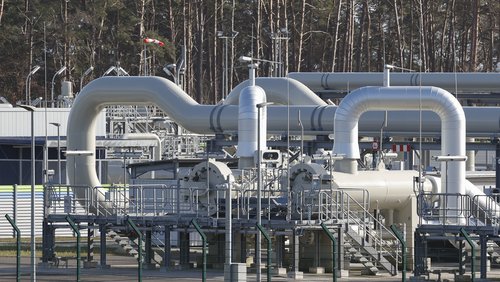
Putin's war in Ukraine has been going on for over a week now. In order to hit Russia hard financially, an import stop for gas is also discussed. This would not only put a strain on Russia, but also on the European gas supply.
Andreas Fischer / Malte Küper IW
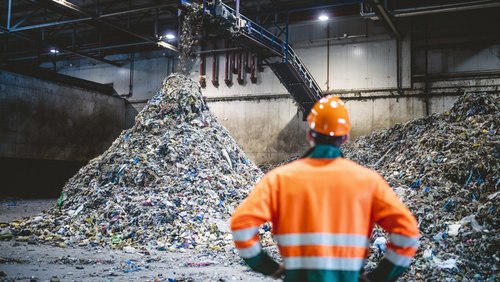
The European Commission aims at further reducing illegal waste exports and is therefore revising its regulations. Legal waste shipment is an important step towards an efficient circular economy: it reduces resource utilization and saves CO2.
Sarah Fluchs / Adriana Neligan IW

The changing course of US trade policy since the election of Donald Trump has strengthened the image of free trade in the EU. However, almost 40 percent of EU citizens also support protectionism. This is puzzling, yet lacking knowledge is an important explanation, a new IW study shows. An information campaign is inevitable in order to secure the sustainability of EU Trade policy.
Galina Kolev IW
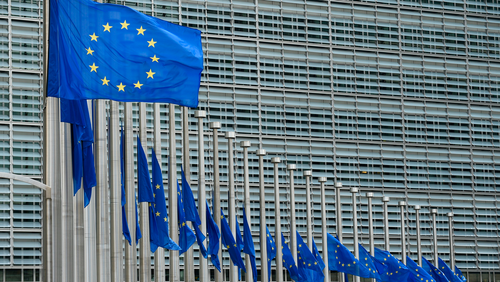
In the face of new inside and outside threats, intensive discussions are currently underway regarding the future of the European Union. The increasing pressure to reform should be used to substantially reorganize the EU budget. The recent proposals of the European Commission for the next Multiannual Financial Framework (MFF) still lack ambition in this respect.
Berthold Busch / Jürgen Matthes IW

With its Fintech Action Plan, the European Commission intends to promote new business models in the financial sector as well as new forms of business financing. The plan also includes the so-called Initial Coin Offerings (ICO), which could benefit above all young start-ups from the technology sector. However, the Commission’s proposal is not sufficiently far-reaching.
Markus Demary / Vera Demary IW

The EU would neglect its responsibility for the mismatch of tax policies among member states by implementing a taxation of the digital economy. It would translate into a tax increase for a specific group of companies, which would make the classification of digital companies alone highly controversial. This would further enlarge distortions instead of guaranteeing a level playing field. Instead of the taxation of the digital economy, the German Economic Institute suggests a two-step approach in order to avoid distortions and unfair taxation.
Martin Beznoska / Tobias Hentze IW
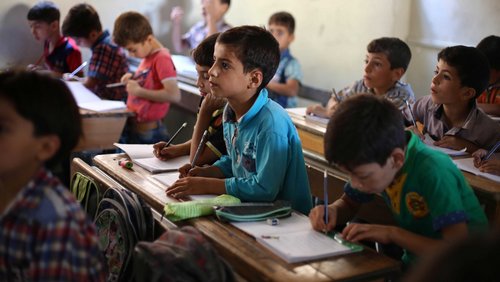
By the end of 2016, Germany had registered around 1.6 million persons seeking protection (Federal Statistical Office, 2017). In order to facilitate their integration into the vocational training and labour market, information on refugees' educational degrees, vocational qualifications and competencies is of central importance.
Kristina Stoewe IW
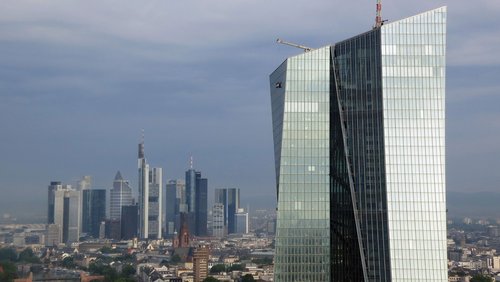
An EU working group presented yesterday a feasibility study for sovereign bond-backed securities. These bonds are designed to reduce the vulnerability of the European banking sector to sovereign debt crises. The problem, however: Should there be any disruptions in the markets for these securities in the event of a crisis, the European Central Bank (ECB) would have to step in.
Markus Demary / Jürgen Matthes IW

Increasingly stringent energy consumption targets for the year 2030 flanked by national energy efficiency targets are about to being agreed at the EU level. A study by the German Economic Institute (IW) shows that these targets when applied to ETS-sectors, conflict with the overall aim of a cost-efficient decarbonization.
Benjamin Tischler IW
Your search returned an incorrect status. You may have selected too many filters. You can jump back to your previous selection to adjust your search.
With our new newsletters on the following topics you no longer have an IW publication.
We send out our topic-specific newsletters every month.
Register here
With our new newsletters on the following topics you no longer have an IW publication.
This website uses necessary cookies to ensure the operation of the website. An analysis of user behavior by third parties does not take place. You can find detailed information about the use of cookies in our privacy policy.
Please switch to a modern browser (e.g. Google Chrome, Firefox or Microsoft Edge) in order to enjoy the best user experience.